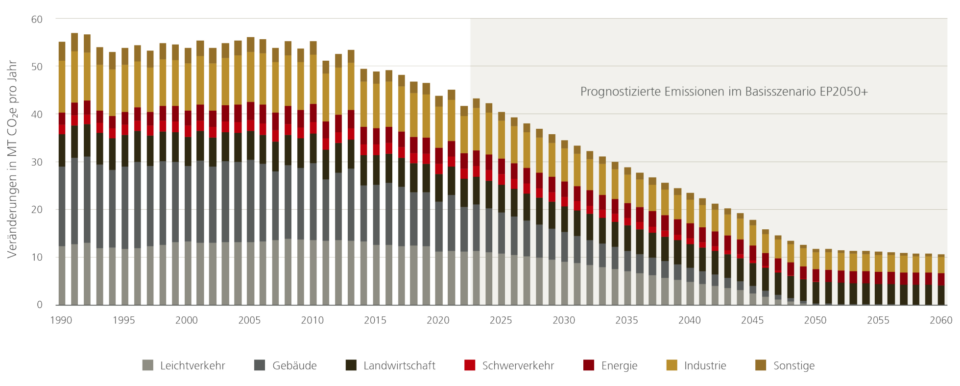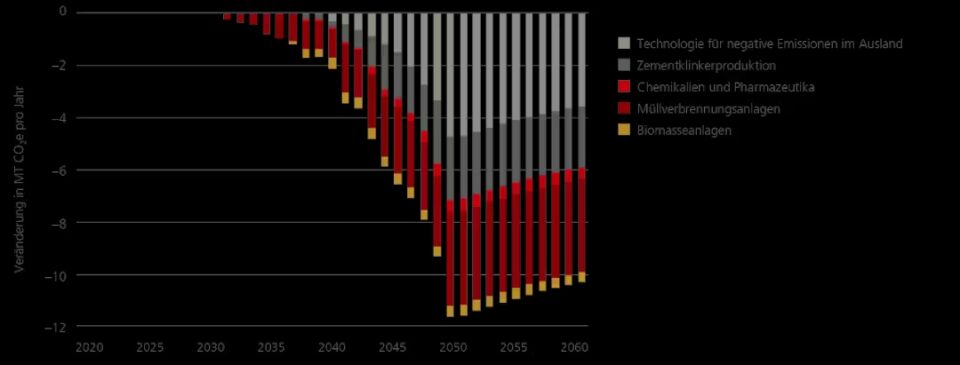Switzerland on course for net zero

UBS presents its "Downhill Climb" study at the Building Bridges Conference 2024. The analysis shows that Switzerland has a strong starting position for the transition to net zero, but challenges such as electricity capacity, energy storage and negative emissions must be overcome.
Switzerland compares favourably with other countries. Its carbon intensity is the lowest of all OECD countries and electricity generation is already largely CO₂-free. Emissions were reduced by 24% between 1990 and 2022. This is a remarkable achievement while at the same time doubling its economic strength. This strong starting position offers Switzerland the opportunity to take a leading role in green technologies such as carbon capture or low-carbon cement.

Renewable energies and energy storage are key
In order to continue decarbonisation, electricity generation capacity must be increased from the current 27 gigawatts to over 60 GW by 2050. This is particularly challenging as the four remaining nuclear reactors will be shut down by 2034. A massive expansion of renewable energies and innovative solutions for the seasonality of supply and demand are required. Increasing energy storage capacities and efficient demand management will also play a key role.
Michael Baldinger, Chief Sustainability Officer at UBS, explains: “For sectors that cannot completely eliminate their emissions, carbon capture technologies are crucial. This presents Switzerland with technological, logistical and financial challenges, but at the same time opens up opportunities in green markets.”
Regulatory changes set the course
The legal basis for the transition will be defined by significant regulatory changes in 2025. These include the Electricity Act, the CO₂ Act and the Climate and Innovation Act. Adapting to EU requirements will also increase the number of Swiss companies subject to reporting requirements from 300 to 3,500. These changes require targeted investments and close cooperation between the business, political and financial sectors.
Financial sector as a key player
According to estimates by the Swiss Bankers Association (SBA), CHF 13 billion is required annually to achieve net zero. The Swiss financial sector plays a decisive role here. It offers financing options such as bank loans, bonds and blended finance solutions that support the market entry of new technologies. It can also advise companies on the transformation and act as a link between investors and companies.
